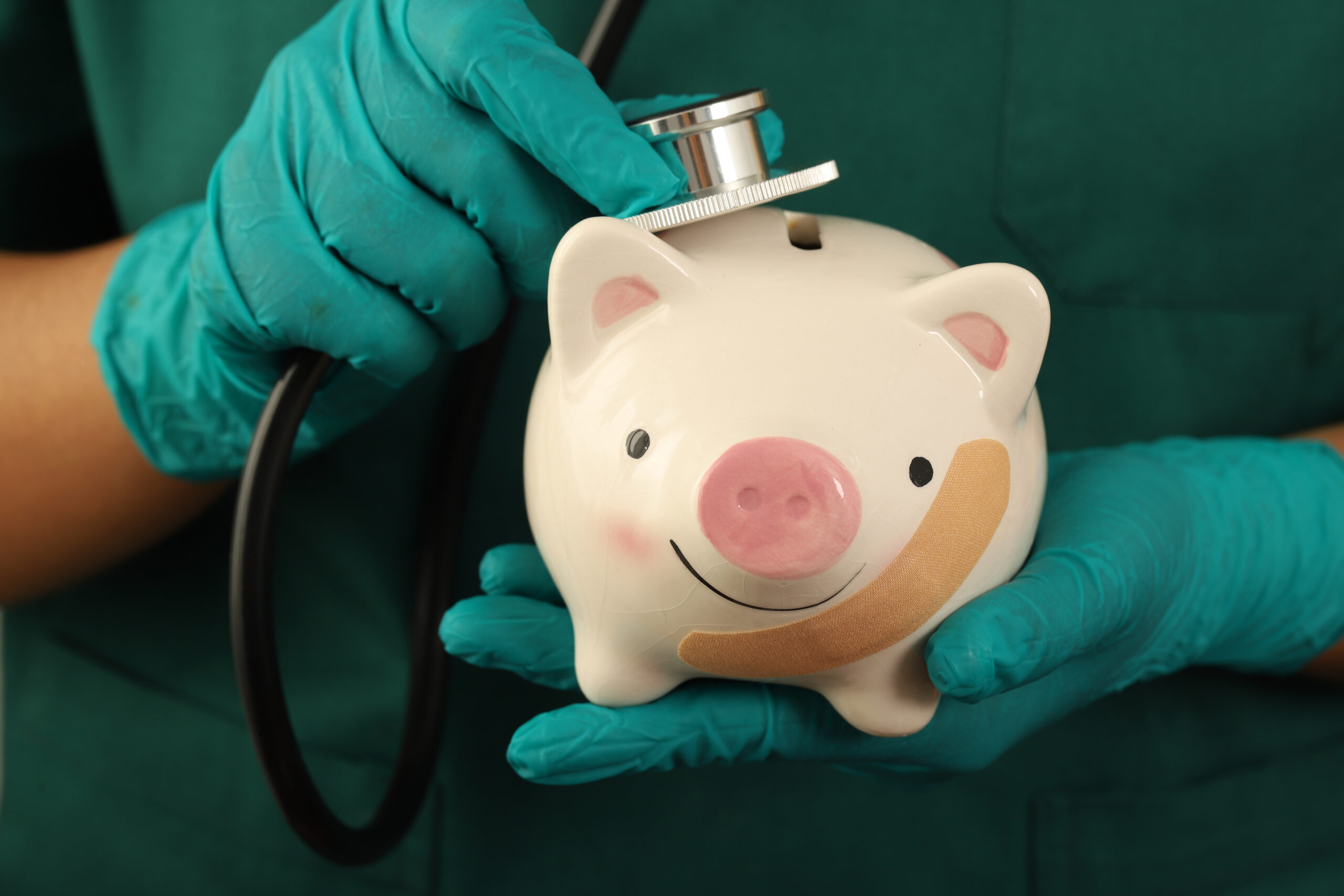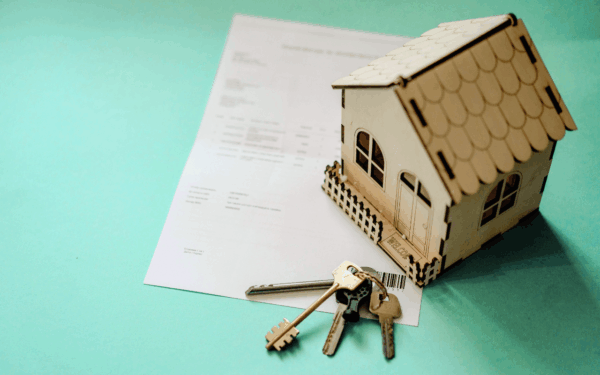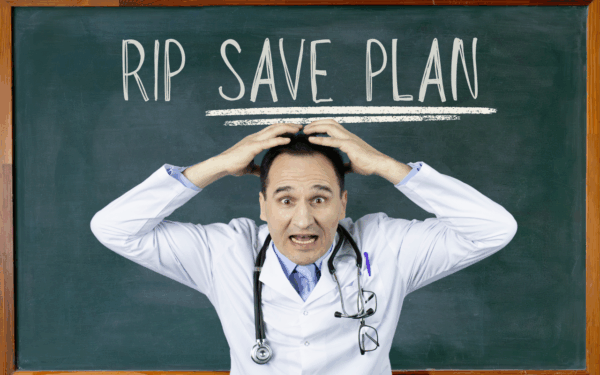How Veterinarians Can Recession-Proof Their Finances in 2025
You’ve likely seen the signs: interest rates remain high, the job market is starting to cool, and inflation hasn’t fully loosened its grip. Economists and financial media alike are hinting at what’s next, an economic recession. For many of you reading this, this could be the first true recession you’ve experienced in your adult financial life.
And no, 2020 doesn’t really count. While the COVID-19 pandemic technically led to a short-lived recession, the rapid deployment of stimulus checks, PPP loans, EIDL funding, and other emergency relief efforts softened the financial blow for millions of Americans. It was a crisis, yes, but one with a parachute.
This time looks different. If the U.S. enters a full-blown recession in the coming months, it may be longer, slower, and without the broad government aid we saw in 2020. That means now is the right time to think about how a slowdown could affect your income, your financial plans, and your peace of mind…….and what you can do to prepare.
Let’s talk about how and prepare for a potential dip in clinic production.
1. Expect Production to Slow and Plan Accordingly
As consumer spending tightens, pet owners may delay or decline non-urgent veterinary care. We’re already hearing about clients spacing out wellness visits, hesitating on diagnostics, and opting out of elective procedures. If you’re paid on production (or a blend of base + production), this could impact your paycheck even if you’re still working full time.
Now is the time to run some numbers. Pull your last few months of production-based income and identify an average. Then, ask: what would my budget look like if my production dropped by 10%, 15%, or even 20%?
This exercise isn’t about predicting disaster, it’s about building awareness. If a drop in income would put you in the red, take steps now to shore up cash flow, trim expenses, or boost savings. Being proactive puts you in a stronger position than reacting once the dip hits.
Also, if your income does decline, remember that your tax liability may as well. Adjusting your withholdings or quarterly estimates can help preserve cash flow.
2. Strengthen Your Emergency Fund
Your emergency fund is your personal safety net, the buffer between you and an unexpected financial storm. During economic downturns, emergency funds provide peace of mind when income becomes uncertain or expenses rise unexpectedly.
So how much should you have saved?
- If you’re a W-2 associate with a relatively stable schedule and benefits, aim for 3–6 months of essential expenses.
- If you’re a relief veterinarian or independent contractor, where income can be more variable, target closer to 6 months.
Let’s say your monthly essentials (rent or mortgage, groceries, utilities, insurance, student loans, etc.) add up to $4,000. A 3-month emergency fund would be $12,000. If that feels like a stretch, start small. Even $1,000–2,000 can give you breathing room and prevent you from reaching for a credit card if something goes sideways.
Pro tip: Keep emergency funds in a high-yield savings account so your cash earns interest while it waits in the wings.
3. Reevaluate Your Spending Without Depriving Yourself
Recession-proofing doesn’t mean adopting a scarcity mindset or cutting everything you enjoy. It simply means being intentional. Are you spending money in ways that align with your values and priorities, or are there leaks in the bucket?
- Start by reviewing your last 1–2 months of spending.
- Are you paying for subscriptions or memberships you don’t use?
- Could you swap a few meals out each month with easy at-home favorites?
- Are there automatic purchases that have become more of a habit than a necessity?
One helpful approach is the “substitution method.” Instead of cutting something altogether, find a lower-cost swap that still brings satisfaction. For example, hosting wine night at home with friends instead of a pricey bar tab. The goal is to reduce waste, not joy.
Even small savings, $100–200/month, can give you flexibility to build up savings or stay afloat during leaner times.
4. Pause on Major Purchases or Expansions
Big financial decisions, like buying a home, expanding a business, or taking on a large loan, deserve extra scrutiny during uncertain times. That doesn’t mean you shouldn’t pursue these goals. It just means you need to evaluate them through a more conservative lens.
Before moving forward, ask yourself:
- If my income dropped by 15%, could I still afford this comfortably?
- Am I locking in a high interest rate that could strain my future cash flow?
- Do I have enough liquidity left after this purchase to weather a few slow months?
If the answer to any of these is “no” or “barely,” it may be worth hitting pause. Recessions don’t last forever. Sometimes, waiting 6–12 months allows you to make decisions from a position of strength rather than scarcity.
5. Focus on What You Can Control
One of the hardest things about a recession is the uncertainty. You can’t control inflation, interest rates, or client behavior. But you can control your habits, your mindset, and the way you respond.
Here’s what that looks like:
- Keep up with continuing education and certifications so you remain competitive, whether you’re negotiating a raise or exploring new opportunities.
- Stay on top of student loans. If you’re on an income-driven repayment plan and your income drops before your automatic recertification date, you can adjust your monthly payments by manually recertifying your income. Visit www.studentaid.gov and click “recalculate your monthly IDR payment.” Only do this if you have experienced an income drop from the previous year.
- Prioritize physical and mental health. Burnout is already high in our profession. A recession can compound stress, especially when finances feel uncertain. Don’t sacrifice self-care in the name of savings. Things like sleep, movement, therapy, and community support aren’t optional extras…..they’re part of your resilience toolkit.
Final Thoughts
Recessions are part of the economic cycle. They aren’t pleasant, but they aren’t permanent either. If this is your first one as a practicing vet, it’s completely normal to feel anxious. But remember: you’ve made it through hard things before, and this time you don’t have to do it alone.
By making a few thoughtful adjustments now, you can build a financial foundation that holds steady even when the broader economy shakes. Whether that means updating your emergency fund, trimming excess spending, or simply talking through your numbers with a financial planner, each step gives you more confidence and control.
If you have any questions, reach out! I am here to help. We are all in this together.












